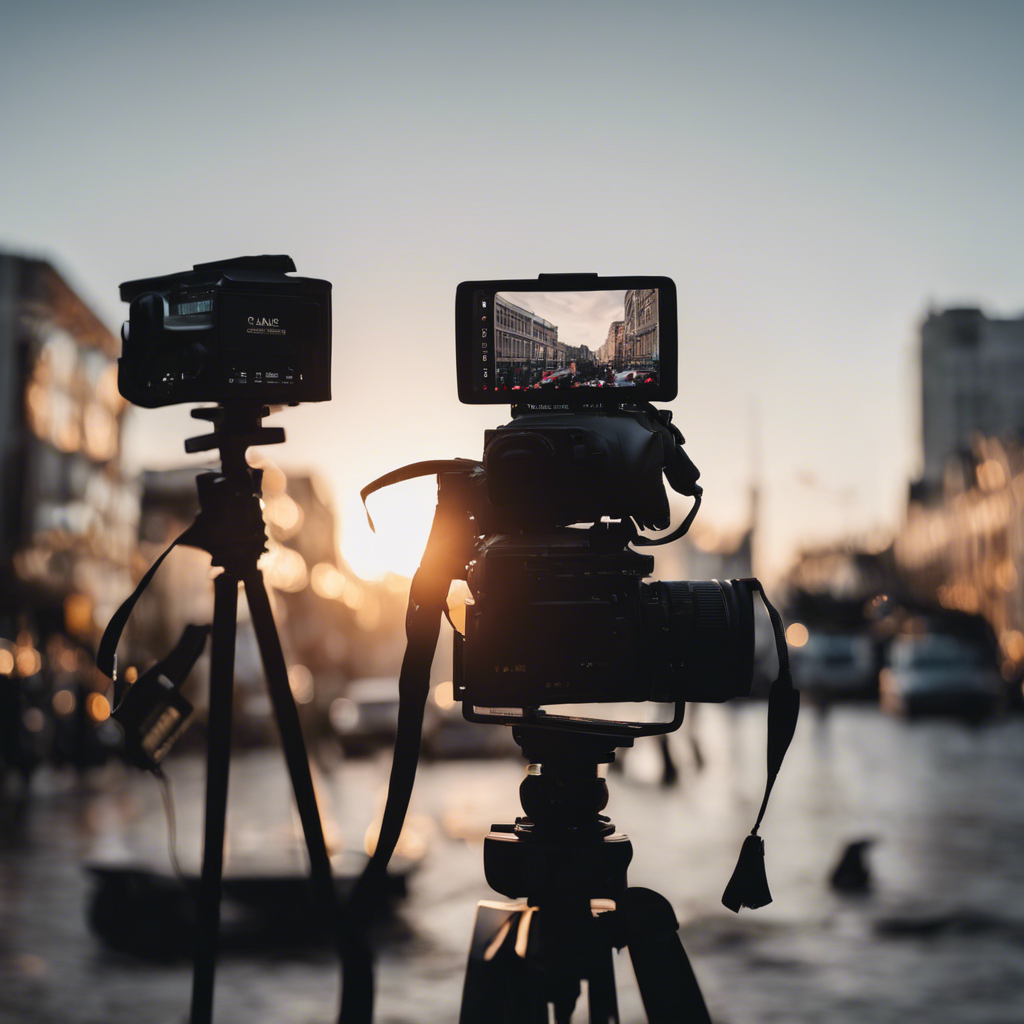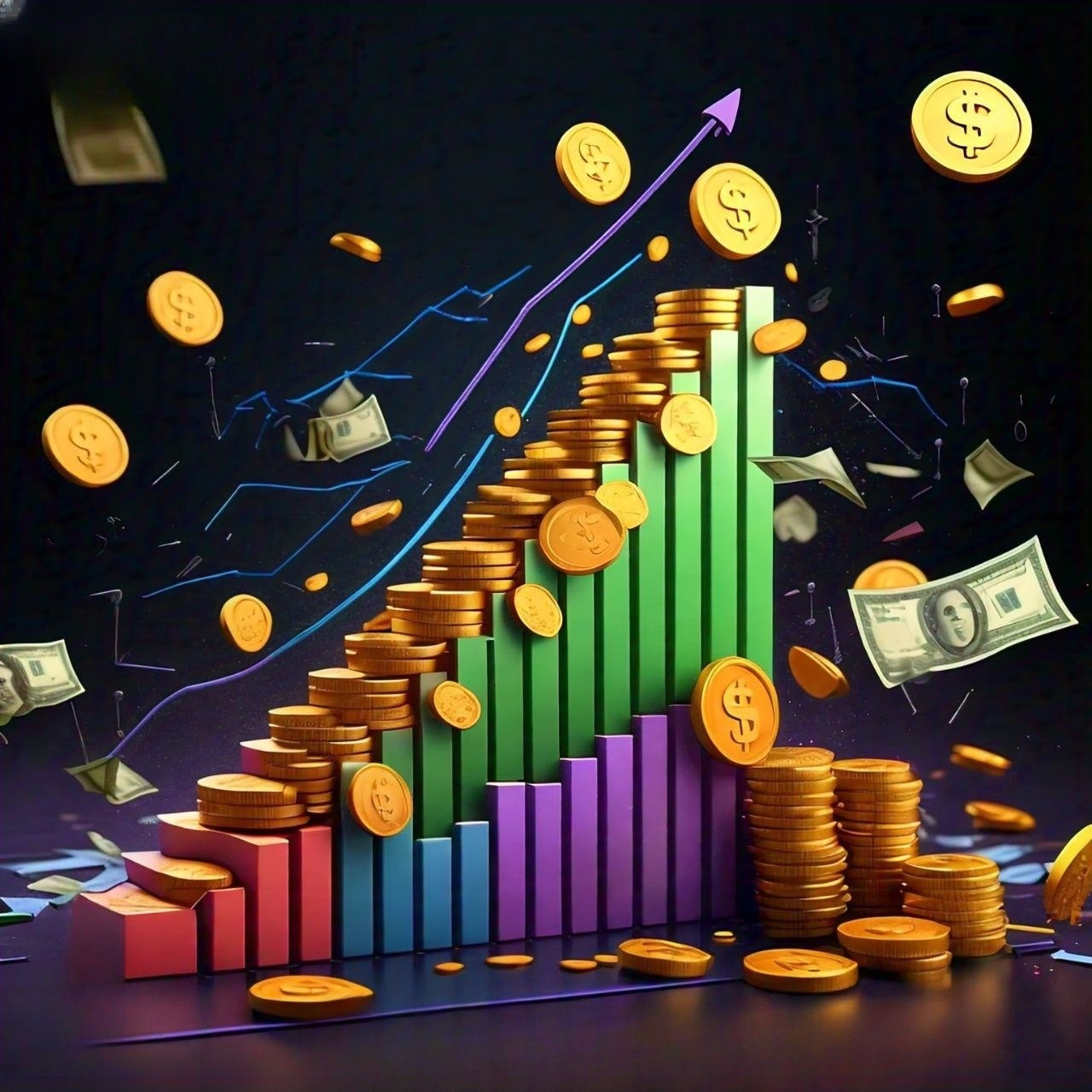Scandal and the Media: How Journalism Exposes Political Corruption

1. The Watergate Scandal: How Journalism Exposed a Presidential Cover-Up
The Watergate scandal is a well-known example of how investigative journalism can reveal political corruption. In 1972, reporters Bob Woodward and Carl Bernstein from The Washington Post began investigating a break-in at the Democratic National Committee headquarters. Their persistent reporting, supported by an anonymous source known as "Deep Throat," uncovered a major cover-up involving President Nixon and his administration. This scandal led to Nixon?s resignation and showed how journalism can effectively hold powerful leaders accountable.
2. Whistleblowers: Individuals Who Expose Government Wrongdoing
Whistleblowers are people who come forward with information about illegal or unethical activities within organizations, including government bodies. Their role is crucial in exposing hidden misconduct. For example, Daniel Ellsberg leaked the Pentagon Papers in 1971, revealing that the government had misled the public about the Vietnam War. Whistleblowers often face significant risks, but their actions are essential for increasing transparency and accountability in government.
3. The Iran-Contra Affair: Media?s Role in Uncovering a Secret Government Operation
The Iran-Contra Affair was a major scandal during Ronald Reagan?s presidency involving secret arms sales to Iran and using the proceeds to support rebels in Nicaragua. Journalists played a key role in uncovering this covert operation. Their detailed reporting brought the hidden activities to light, leading to investigations and legal consequences. This case highlights how media coverage is crucial for revealing hidden government activities and ensuring accountability.
4. How Digital Media Has Changed Investigative Reporting
Digital media has significantly transformed how investigative journalism is conducted. Online platforms like social media and news websites allow journalists to quickly share information and reach a larger audience. However, this also introduces challenges, such as the spread of misinformation and the pressure to report quickly. While digital tools have expanded the reach of investigative journalism, they also require careful handling to maintain accuracy and credibility.
5. Ethics in Reporting Scandals: Ensuring Accuracy and Respect
Reporting on political scandals involves important ethical considerations. Journalists must ensure their reports are accurate and fair while also respecting individuals' privacy. For example, during the Monica Lewinsky scandal, there were debates about how much personal information should be reported versus the public?s right to know. Maintaining high ethical standards is essential for credible journalism and responsible reporting on scandals.
6. How Political Scandals Affect Public Trust in Government
Political scandals can significantly impact how the public views government institutions. Scandals like the Enron scandal or the Trump-Ukraine affair reveal issues of corruption and abuse, which can erode trust in political leaders. Media coverage plays a key role in shaping public opinion by highlighting these issues and sparking discussions. Understanding this impact helps us appreciate the media?s role in promoting transparency and accountability.
7. Challenges Journalists Face When Investigating Corruption
Journalists face many challenges when investigating political corruption. These include dealing with uncooperative officials, legal threats, and personal risks. Investigative journalism often requires persistence and the ability to navigate complex legal and ethical issues. Despite these difficulties, journalists are crucial in uncovering corruption and maintaining transparency, highlighting the importance of their role in holding power to account.
8. The Importance of Press Freedom in Uncovering Scandals
Press freedom is essential for revealing political scandals and ensuring government accountability. It allows journalists to investigate and report on corruption without fear of censorship or retaliation. In countries with strong press freedoms, media can effectively expose wrongdoing and push for reforms. However, in countries with restricted press freedoms, reporting on scandals is much more difficult, limiting the ability to bring critical issues to light.
9. Social Media?s Role in Spreading News About Scandals
Social media has become a powerful tool for spreading news about political scandals. Platforms like Twitter and Facebook enable quick dissemination of information and broad public engagement. However, this speed can also lead to the spread of misinformation and sensationalism. Journalists must manage social media carefully to ensure that the information shared is accurate and reliable, while addressing the challenges posed by false information.
10. Comparing Historical and Modern Scandals: How Journalism Has Evolved
Looking at historical scandals, like Watergate, compared to modern ones shows how investigative journalism has evolved. Earlier scandals relied on traditional reporting methods, while today?s scandals often involve digital tools and social media. Despite these changes, the core principles of investigative journalism?such as thoroughness, accuracy, and accountability?remain essential. Understanding these changes helps us see how the role of the media in uncovering corruption has adapted over time.
Keywords:
Accountability
Transparency
Integrity
Courage
Truth
Ethics
Justice
Vigilance
Empowerment
Discovery
Advocacy
Trust
Freedom
Investigation
Impact
Responsibility
Awareness
Change
Insight
Whistleblowing
Engagement
Objectivity
Clarity
Inquiry
Resilience
Leadership
Dialogue
Public interest
Scrutiny
Innovation
Collaboration
Protection
Awareness
Progress
Commitment







